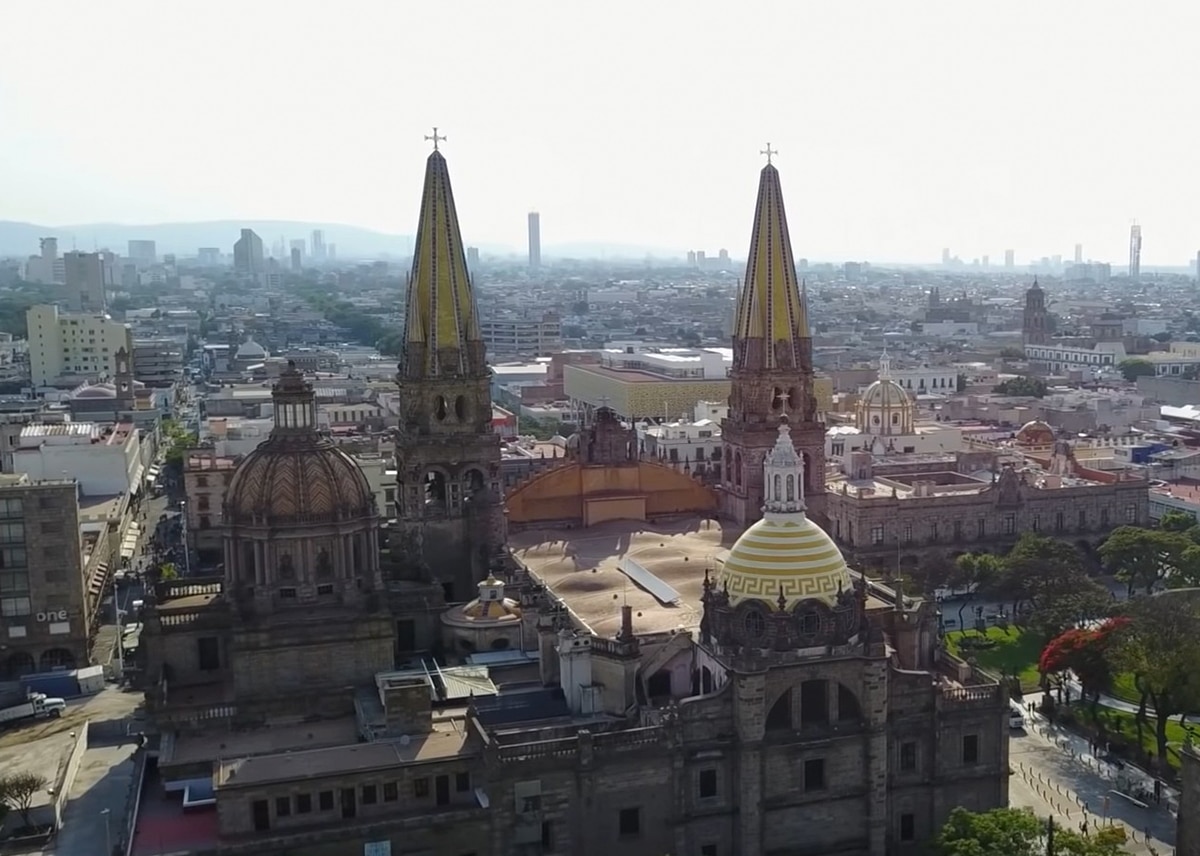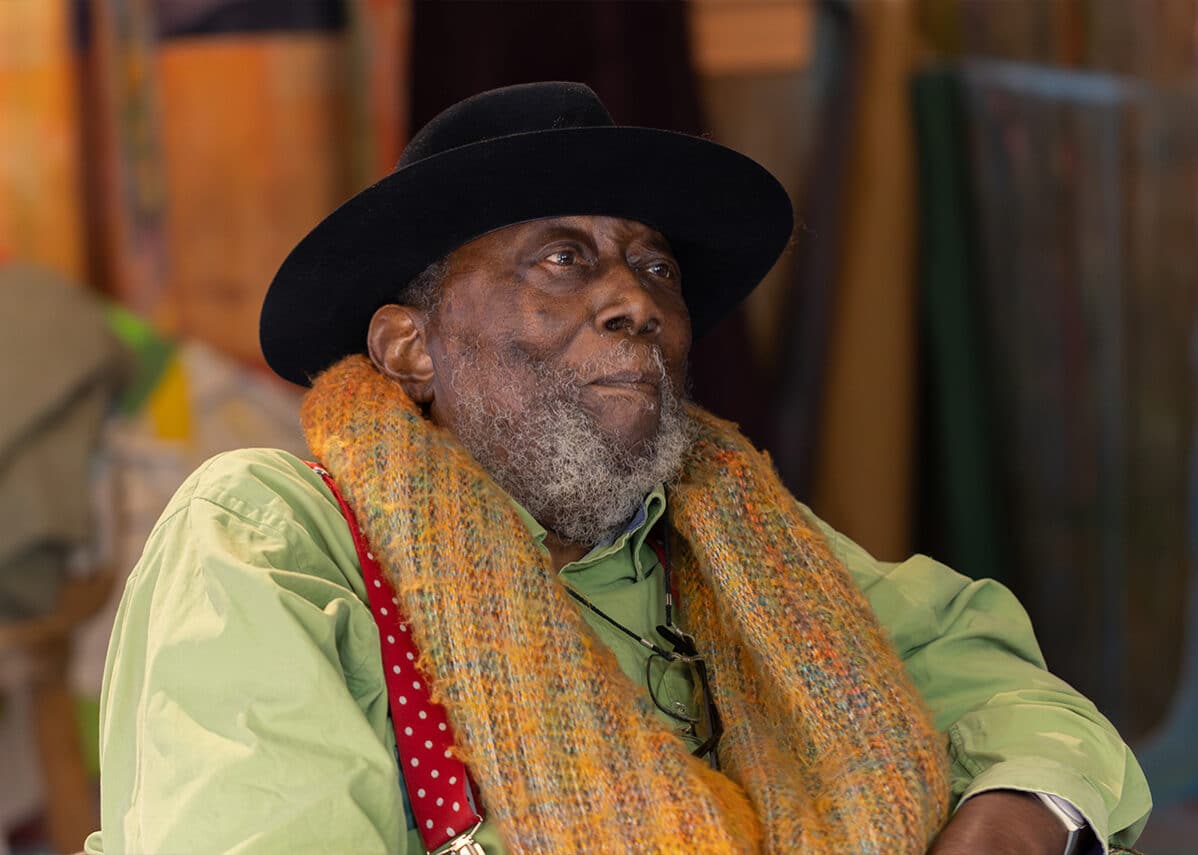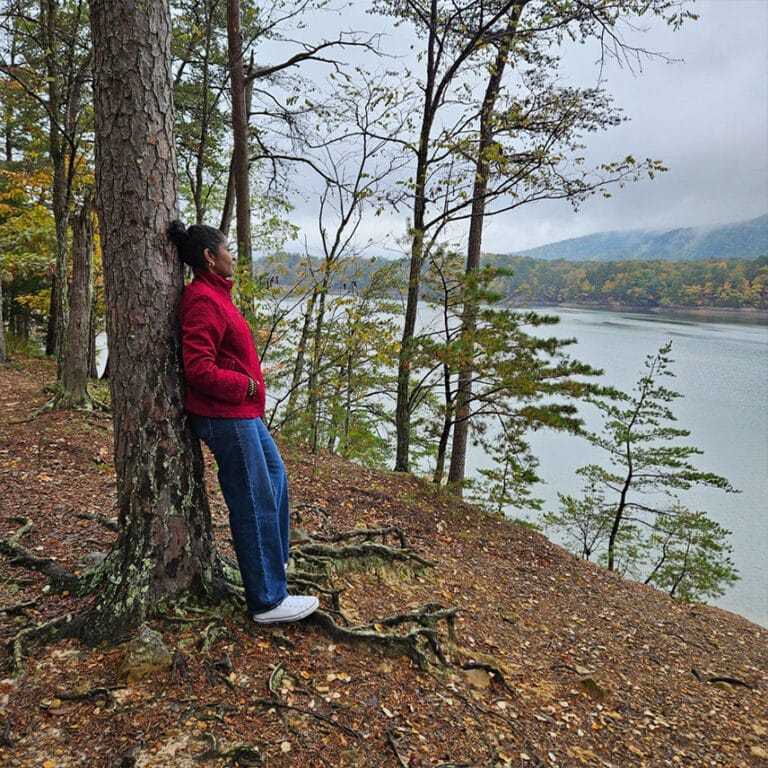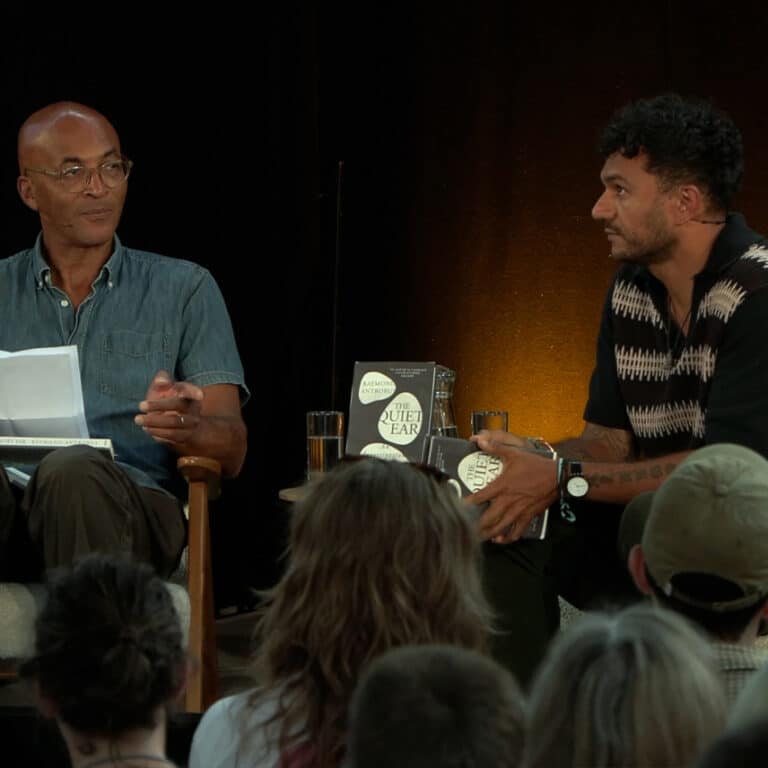Voyage to a New World

Ming Ho
My first sight of Shanghai was not promising, shrouded in a monsoon. It had taken me a lifetime to traverse nearly six thousand miles to the place where my father was born and spent the first fourteen years of his life, surviving the Japanese occupation, civil war between the nationalist Kuomintang government and the Chinese Communist Party, and the advent of the People’s Republic of China.
I was aware of the city’s early twentieth century image as the ‘Paris of the East’, when the International Settlement and French Concession, under the jurisdiction of the British, Americans, and French, hosted a cosmopolitan community of Westerners in the heart of the Chinese metropolis. Jazz clubs throbbed to cross-cultural rhythms, and celebrities such as Noël Coward frequented the glamorous Cathay Hotel on the Bund – the famous waterfront whose architecture recalls the Victorian municipal grandeur of Liverpool or Leeds. But I had not come looking for the Shanghai of ‘ex pats’, or the slick modern city of steel and glass – I was on a mission to find traces of the textile district my Chinese family had left behind and the life they had lived there in the 1930s and 40s.

A month earlier, in the bucolic tranquillity of a WritersMosaic retreat at Villa Lugara in Italy, I had been researching a book idea about my father Wai Kwong’s voyage – literal and metaphoric – from the lilong (alley communities) of Shanghai to a new life in England as a nuclear physicist. He died when he was only fifty-two, and I was still a student, my own life barely formed. He never spoke about his childhood in pre-Communist China or the family’s flight to Hong Kong; his story, as I knew it, began with his arrival to study at Imperial College, University of London. It is, I suppose, in the nature of migration to remake yourself, to move on from a sometimes troubling past; and similarly, as a girl of mixed heritage (often the only one in my class), I just wanted to fit in. It’s only now, with the perspective of age – and rage at today’s incitement to hatred against migrants – that I feel ready, indeed compelled, to investigate the roots I had for so long ignored.
The South Asian, African, and Caribbean immigrant experience is becoming more widely discussed, but there’s still relatively little known about those from more fragmented diasporas, who set forth alone, with no peer community for support, and went on to live quiet, diligent, assimilated lives. History is written by the victors, they say, and, yes, it favours those who have achieved public note; but it’s also written by the record-keepers.
The many tales published about twentieth century Shanghai overwhelmingly focus on its Western ‘Shanghailanders’, including inhabitants of the Jewish ghetto, and its wealthy movers and shakers. Where are the voices of the ordinary Chinese, like my father and his parents, who toiled in the city’s cotton mills, its biggest industry of the day, who endured hardship, the trauma of war and revolution, and ventured forth to make a better life for their children? It is to redress this balance and honour those unseen lives of private heroism that I have set myself the detective task of piecing together what can be discovered of my family’s story and reconstructing what cannot.
One of the joys of the WritersMosaic retreat at Villa Lugara was the opportunity to spend time with fellow writers, including Romany author Damian Le Bas, whose latest book had just been published. I found that they had all written memoir in some form or work exploring their cultural heritage – a key feature of WritersMosaic that we discussed at a panel event hosted by the International Library of Parma.
After chatting with Damian over breakfast on the first full day of our stay (which turned out to be his birthday), I avidly read his book The Drowned Places, which struck a chord with me. It chronicles his quest for the mythical city of Atlantis, overcoming a cultural taboo in learning to dive, and travelling the world in search of sunken ruins reputed to be its site. My odyssey of personal myth, mapping my father’s journey, would be above ground.
In the extraordinary stillness of the nights in Lugara, where the inky sky made a velvet foil for a million stars and the only sound was the insistent hoot of an owl, I thought of the relentless din there would have been in the Shanghai mills, traffic plying up and down the main thoroughfare of Jiangning Road – off which our lilong stood – and the airborne bombs and gunshots of summary executions. I knew I had to see the place for myself.
By evening of that first day in Shanghai, the rain had cleared, leaving the sultry heat and golden glow of a bruised sky, spangled with neon. The next morning, I walked from my hotel, via the wonder of Google Maps, to find the lane where my family’s home had stood. I was disappointed but not surprised to find the lilong demolished, replaced by a squeaky-clean, heritage-style development of shops, cafés, a spa, and a cluster of towering skyscrapers.

Yet I found comfort in the knowledge that I had seen the streets my father would have walked, however changed, and had trodden in his footsteps. On the way back, I paid a visit to the Jade Buddha Temple, a landmark he would have passed by many times; I watched some women burning incense, but hesitated to do so myself. Next time, perhaps, I will. My father’s voyage ended in a leafy Gloucestershire suburb; my own, back to Jiangning Road, has only just begun.
Watching a theatre go dark
What we lost with the Blue Elephant Theatre
Waste not, want not
The cultural politics of waste
Frank Bowling
An interview with one of the foremost artists of his generation, Sir Frank Bowling
RENDANG
A magical reclamation of individuality from the mass of some of the world’s largest cities
Granta 173: India
A look at four short pieces of fiction from Granta's latest edition showcasing Indian writing
The Thing with Feathers
Dylan Southern’s film adaptation puts masculinity front and centre
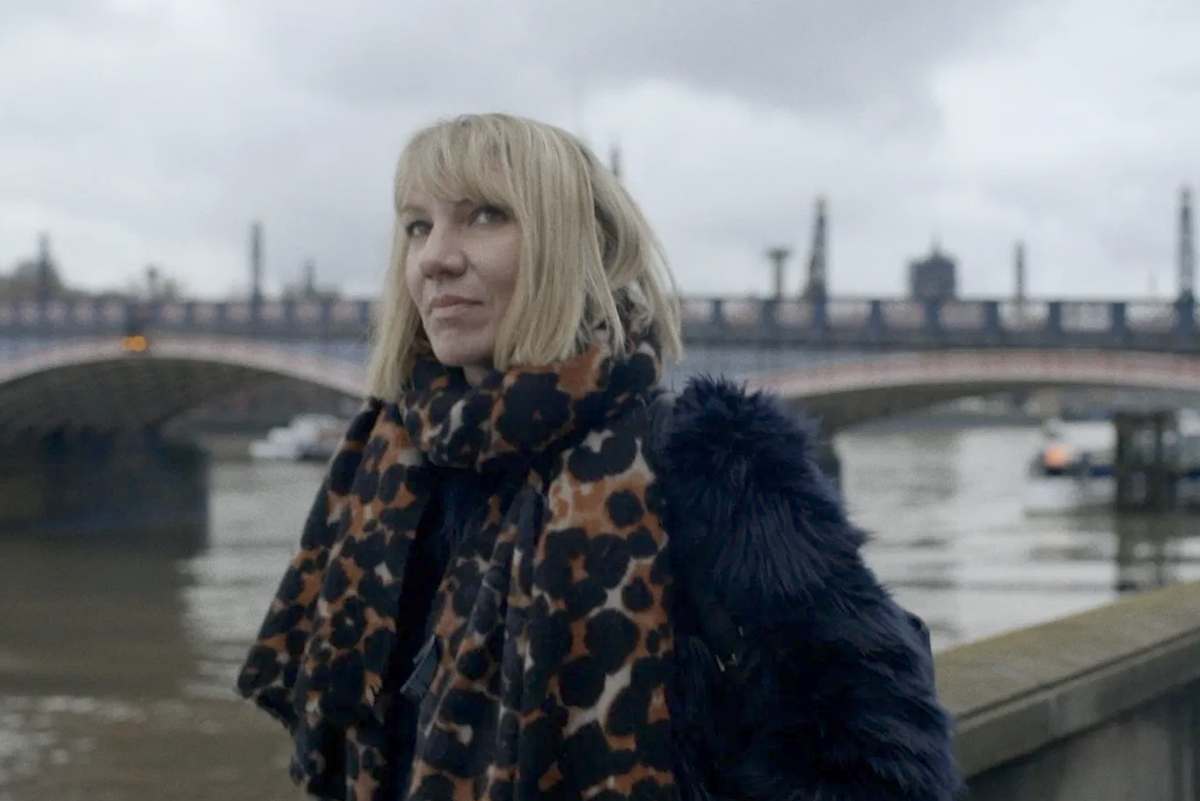
Reggae Story
Hannah Lowe reads her poem, 'Reggae Story' inspired by her Jamaican father, Chick. Directed by Matthew Thompson and commissioned by the Adrian Brinkerhoff Poetry Foundation.
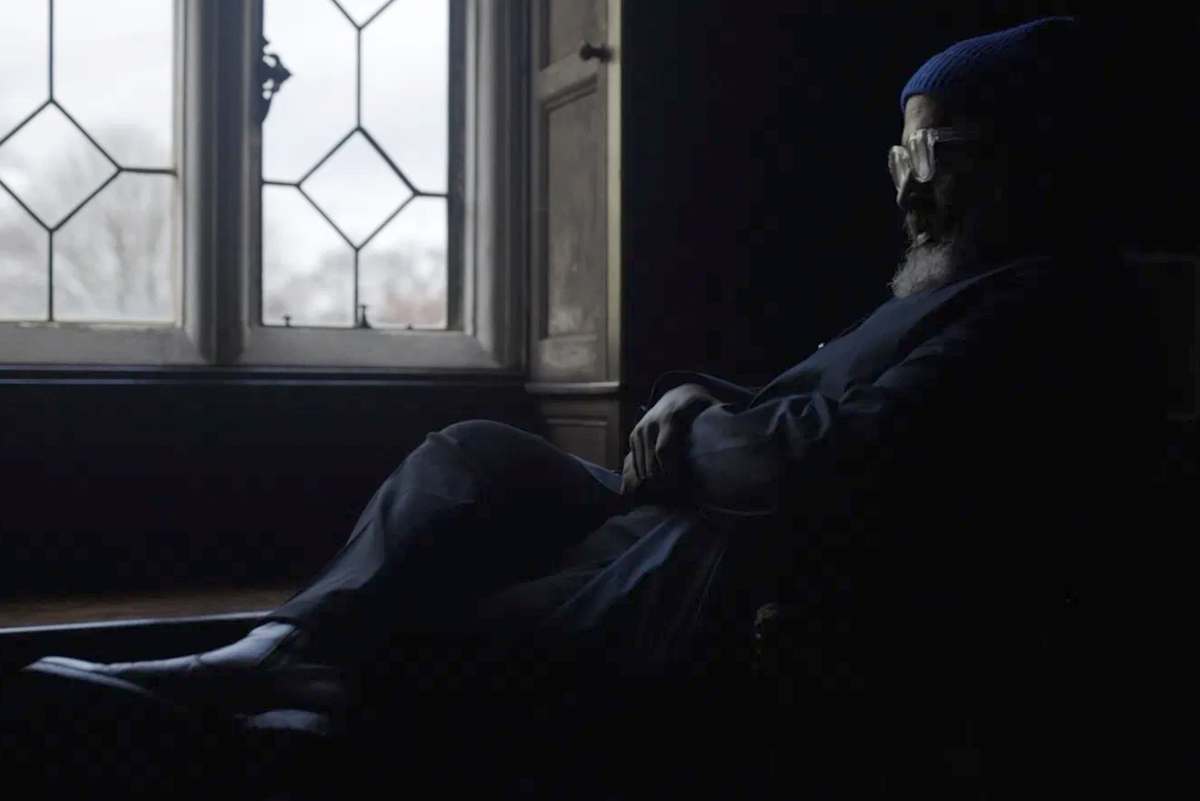
The City Kids See the Sea
Roger Robinson reads his poem, 'The City Kids See the Sea'. Directed by Matthew Thompson and commissioned by the Adrian Brinkerhoff Poetry Foundation.
Illuminating, in-depth conversations between writers.
Listen to all episodes
SpotifyApple Podcasts
Amazon Music
YouTube
Other apps
The series that tells the true-life stories of migration to the UK.
Listen to all episodes
SpotifyApple Podcasts
Amazon Music
YouTube
Other apps
Afro-Caribbean writer Frantz Fanon, his work as a psychiatrist and commitment to independence movements.
Listen to all episodes
SpotifyApple Podcasts
YouTube



